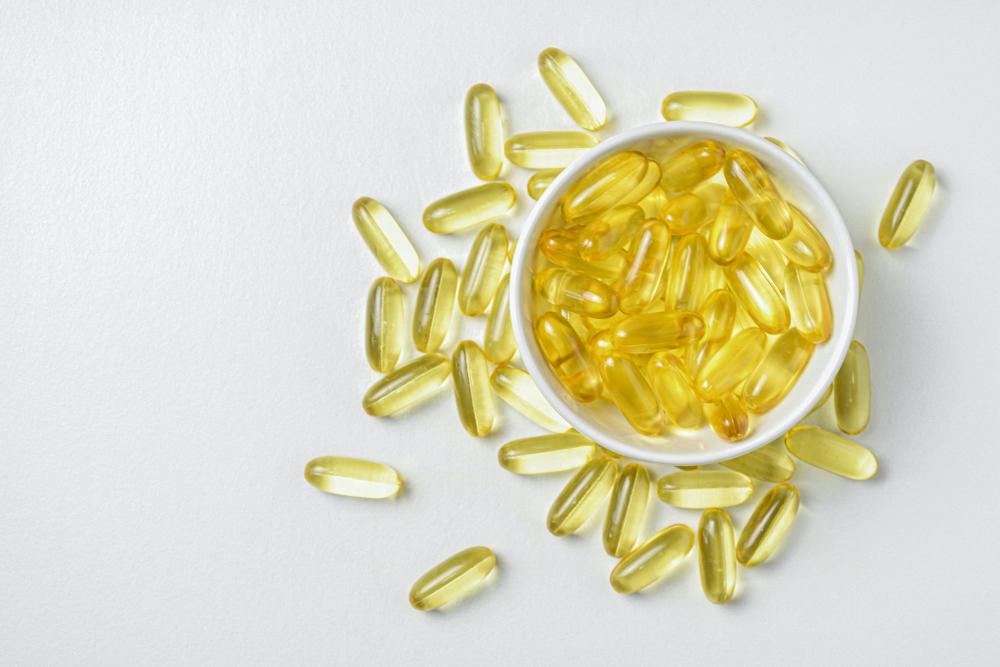Nutrition
Krystina Claire
Peppermint
on
December 08, 2022

Peppermint has a long history of use dating back 1000BC, and one of the most popular essential oils used worldwide. It’s actually a hybrid species of water mint and spearmint. It can be bought in many different forms - essential oil, tea, capsules or tablets and sprays. The essential oil which is the most commonly used form is made by cold extraction of the arial parts of the plant (leaves, stems and shoots).
There are many benefits of using peppermint either topically or taking it orally. Have a read below to learn about the benefits of this ancient herb. Please note the benefits below are from taking peppermint oil capsules or using the oil as an inhalant or topically. Peppermint tea whilst tasty - is not made for medicinal uses.
- Improve IBS symptoms - peppermint oil capsules when taken orally has been used as a natural remedy for treating irritable bowl syndrome (IBS). It has been shown to be effective in reducing spasms in the colon and reducing bloating.
- Reduce headache symptoms - Rubbing a couple of drops of peppermint oil in a circular motion on your temples and back of neck can help reduce the pain caused by headaches. The oil soothes and relaxes tense muscles too.
- Soothe itchy skin - including rashes from poison ivy, hives and bug bites. The cooling properties of peppermint oil when applied topically sooth the skin and reduces itching.
- Helps clear up spots and acne when applied topically - peppermint oil contains antimicrobial properties which can reduce the acne causing bacteria. It additionally helps control the secretion of excess oil. Make sure you mix a couple of drops of oil with water before applying the the skin.
- Helps reduce muscle pain due to its soothing, relaxing effects. Including pain brought on by fibromyalgia. Mix a few drops with a carrier oil and massage into the sore muscle.
- Reduces nausea - Inhaling peppermint oil has been shown to reduces nausea. Either inhale directly from the bottle or add a couple of a drops to a face cloth and inhale. Note - Don’t use if pregnant, especially orally. Speak to an expert first.
- Improve concentration - Inhaling peppermint oil may help improve metal alertness and memory. Either put it behind your ears, on a cloth to inhale or in a diffuser.
- Helps unclog congested sinuses - inhaling peppermint oil can help open up your airways, clear mucus and act as a decongestant. The antiviral properties of the oil will also help your body clear the illness faster.
- Help with hay fever and allergies - As mentioned above, inhaling peppermint oil is excellent for helping to clear your respiratory tract. It can in addition help reduce inflammation helping you breath easier.
Remember - to make sure you always dilute peppermint oil with another carrier oil (coconut oil or jojoba oil) before applying to skin. Peppermint oil can be toxic when taken orally, so make sure you only take the amount recommend on the bottle.
Always speak to your doctor or dietician before starting a new supplement to get the correct dosage and as they could have contraindications with existing medications. If you are pregnant avoid using essential oils, especially orally as mentioned above peppermint oil can be toxic when taken orally. Always speak to a an expert.






